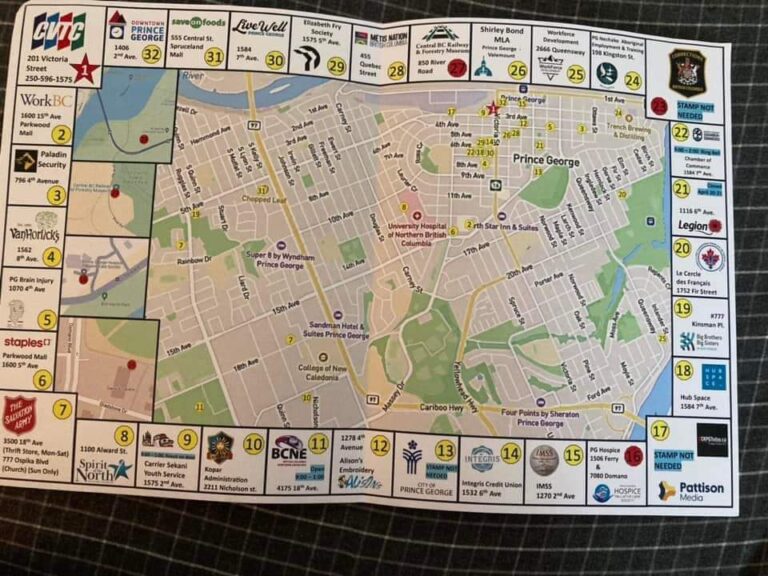Although we may not realize it, the interviewee has an advantage in the interview process. Presumably, you, as the interviewee, have researched your chosen company: mission statement, purpose, competition, problems they have faced, and what is coming up in the future. But the interviewer knows very little about you, save for whatever you put on your resume and cover letter and while that is a great place to start dividing between the “will interview” and “will not interview”, it doesn’t really give the business a feel for the kind of person you are. Remember: companies hire people, not skill lists and so the interview isn’t just to learn about your skills, but also to learn about you. This means that you not only want to know the story of the business you are interviewing with, but also your own story and how your story will intrigue and fit the company narrative.
So how do you build up your story in such a way that you’re not talking too much or giving away too much information? Just like authors, you should structure your story around a few big blocks:
- Your Theme.
What is the theme of your life story? People like to know cause and effect: they like continuity. Our lives have continuity; we do things for this reason or following that passion. From this chain of key events, you can see how you got to who you are and how they are linked together, creating an overarching theme. This could be the theme of family, of self-discovery, of learning, of battling adversity: whatever the case may be!
The theme of your story is going to be what you build the rest of your tale around; it can help you guide the answers to the questions the interviewer gives you and it can help you come up with micro-stories to answer things like how you handle stress and times where you had to show your creativity or your leadership.
Therefore, as you are preparing for your interview, think about the theme of your life story to this point!
- Conveying Your Values
Tied to the idea of creating your theme is the idea of conveying your values and really, the moral of your story thus far. This too has to be catered to the type of job you are interviewing for and that means doing your research into the company and then figuring out how you would fit in. These values should then come through as part of the story you are telling. For example, you may value things like creativity, integrity, passion, continual learning, etc. and these things should shine through in your story.
- Who Are the Characters?
We don’t just read stories for one character, we read them for all the characters! For your story, it’s important to identify a few of your sidekicks, mentors, and maybe a foe or two (though probably not of the moustache twirling variety.) We don’t form our character in a vacuum, so it’s a good idea to have a few people you can talk about in your stories, such as a mentor who guided you to your current career path, a teacher who showed you your passions, a close friend, or other people who have made a significant difference. You’re not going to use them all in your story because of course we want to cater the story to the job, but if you have a few people identified, it’s easier to answer those questions and build yourself as a compelling human being with depth and connections.
- You as the Protagonist
No one really wants to read a story where the main character continually complains, learns nothing, and doesn’t take any personal responsibility, and the same goes in the real world. No one wants to work with someone who can’t author his or her own destiny and be proactive in seeking it. For this reason, you want to make sure you frame yourself as a character who faced problems, worked to solve them and succeeded. Got laid off? Don’t frame it as a negative experience that was out of your control; instead, frame it as an opportunity to do something more and branch yourself out. Employers need to know that you’re not just going to sit on your laurels and wait for things to get done around you.
Humans are story-tellers; we like to hear them and we like to tell them. If you listen in on any office water cooler talk, you’ll see that the people who really hold the floor are the ones who can tell a compelling story. This may seem like a very difficult task to accomplish, but it really only takes a few elements: a good theme, solid characters, and showing how people overcame or worked with their problems. If you take this to the interview and keep it in mind while answering (and asking) questions, you’ll be a more compelling interviewee and that will boost your chances of becoming hired. So, work on the story of you!
~
Charlene is a full time instructor and published author. She enjoys writing about education, digital career paths, job hunts, and for her books, fantasy/mysteries. You can learn more about her novels at Kellan Publishing.

